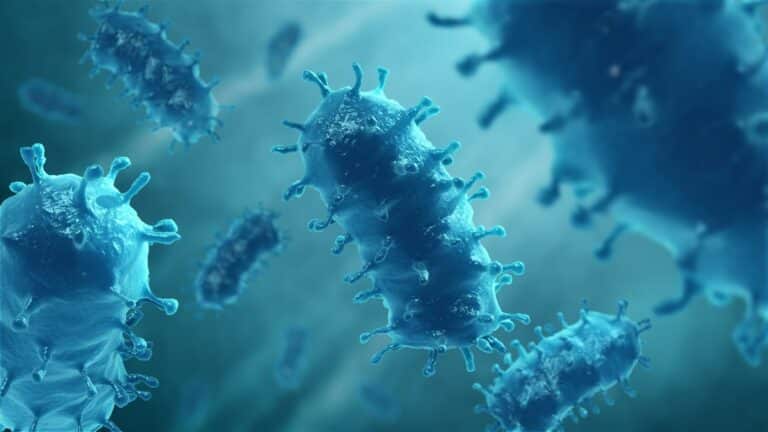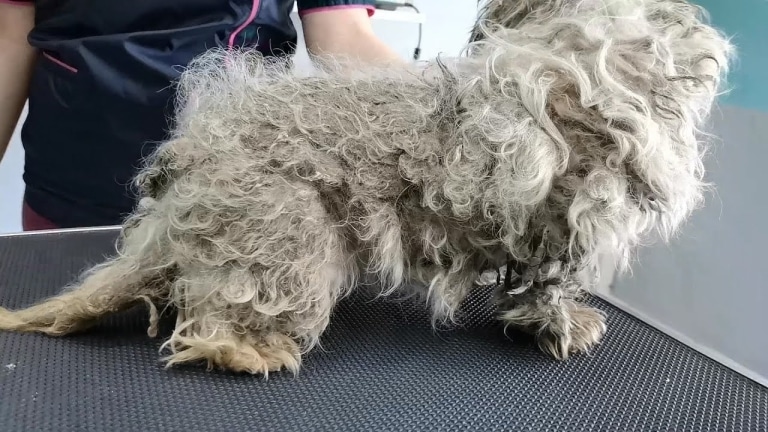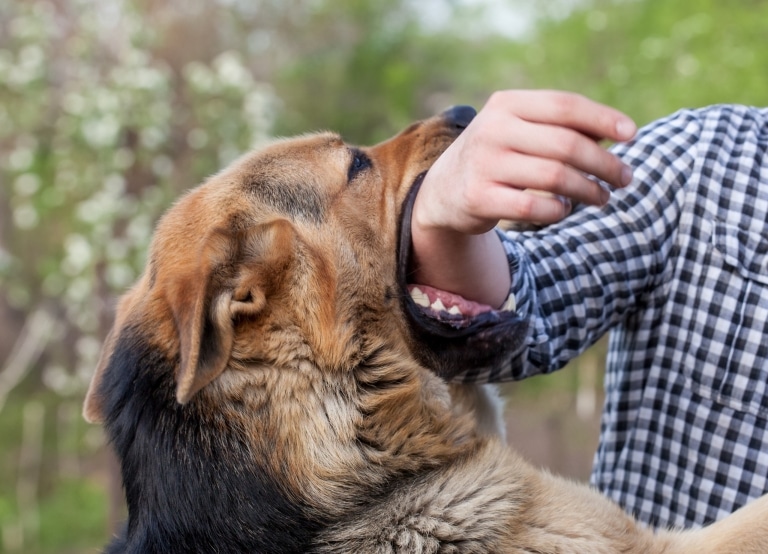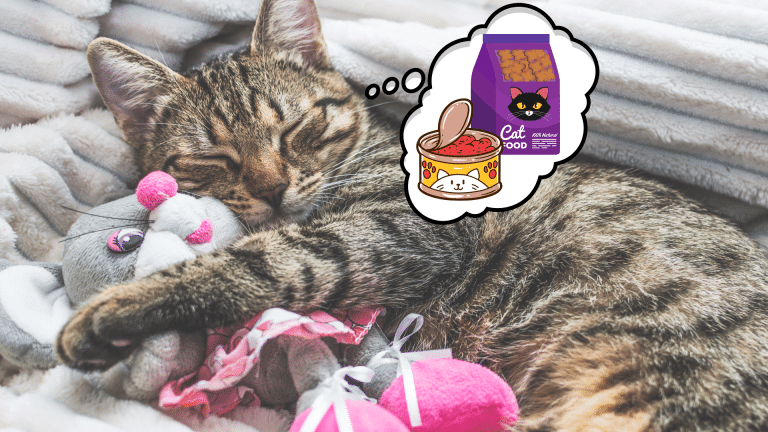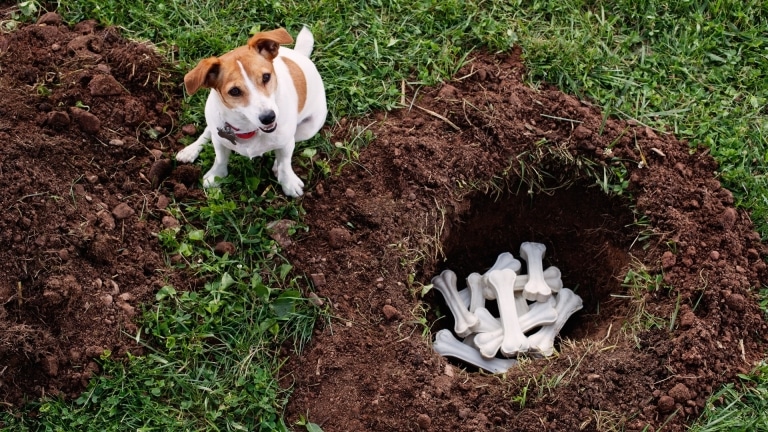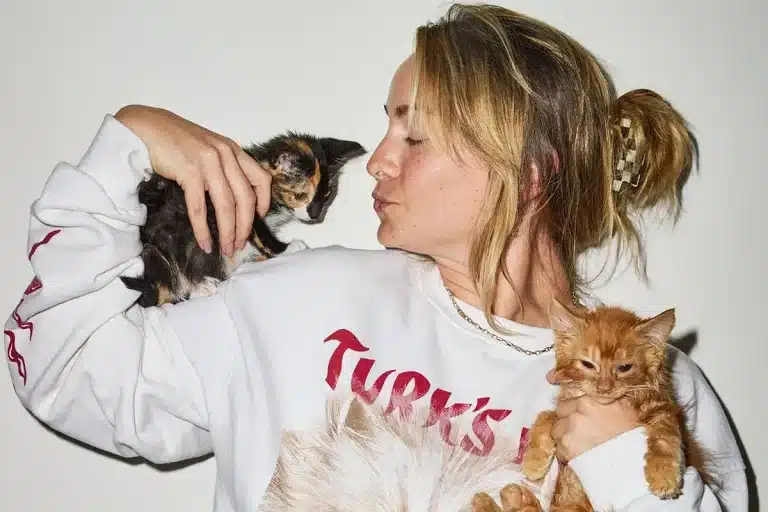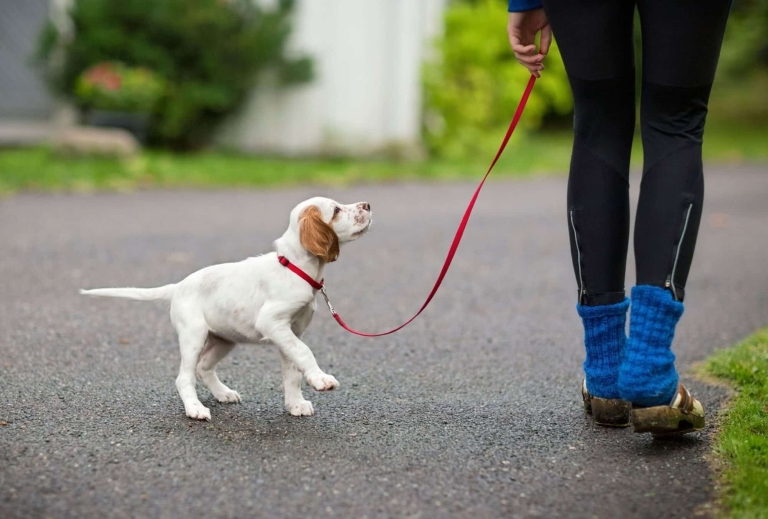Vaccination is one of the most important aspects of preventive pet care. For both cats and dogs, annual vaccinations help prevent serious diseases, ensuring health and longevity. In addition to protecting the animals themselves, vaccination has a significant impact on human health, as many infectious diseases can be transmitted from animals to humans.
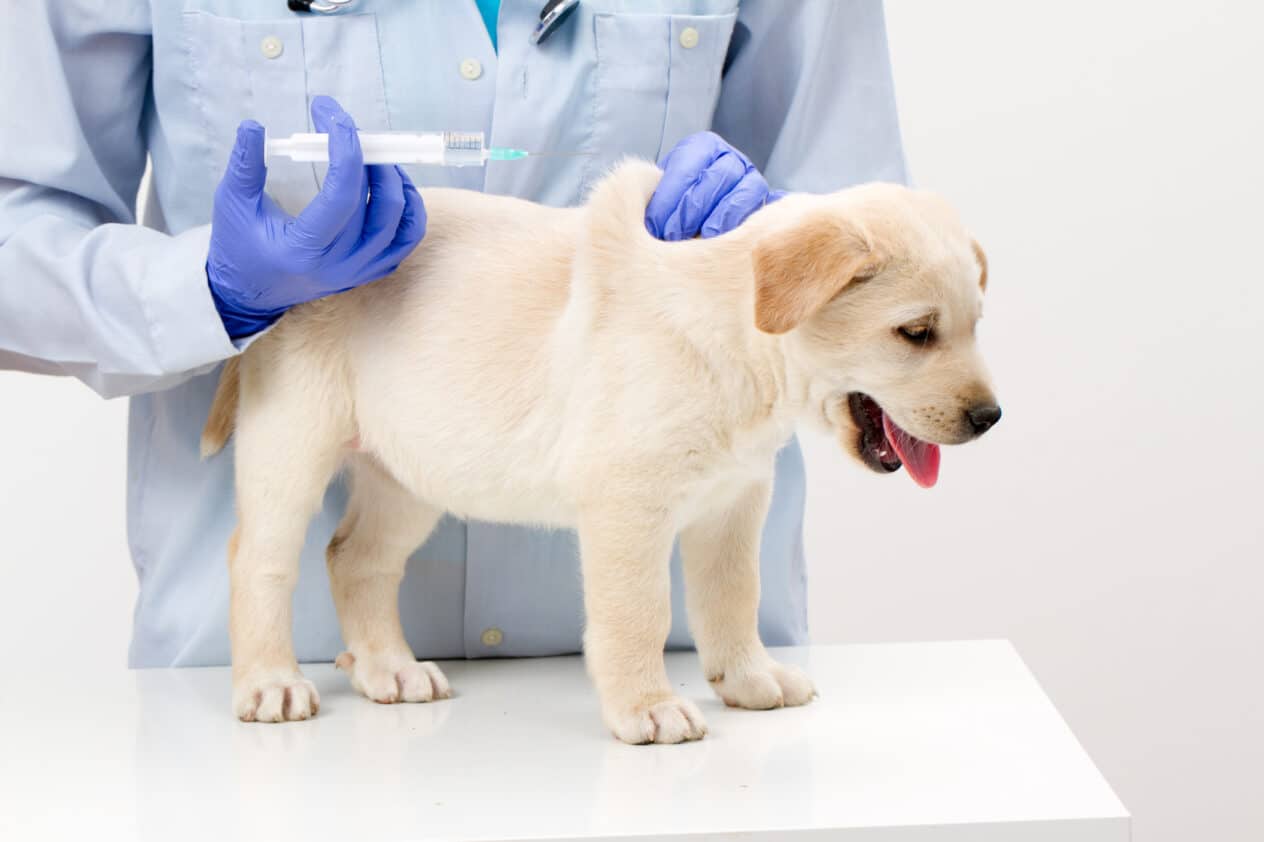
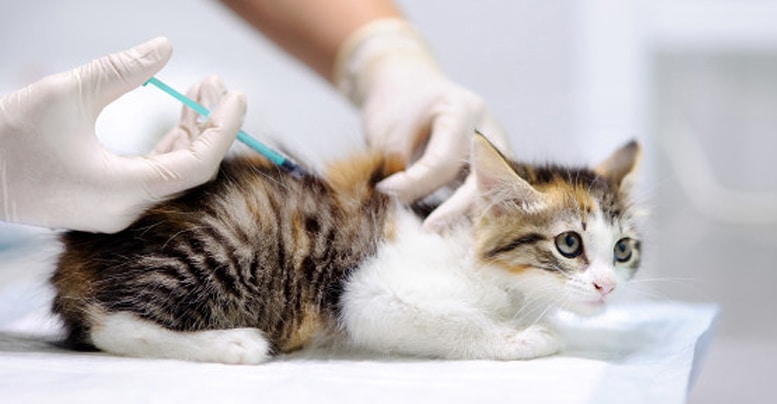
The importance of vaccination
- Protection against infectious diseases. Vaccines protect animals from dangerous infections, such as plague, rabies, parvovirus, calicivirus, feline leukemia, and others. Many of these diseases can lead to serious complications or even death.
- Prevention of outbreaks of epidemics. Vaccinations help control the spread of disease in animal populations, preventing epidemics.
- Protection of people. Some infections, such as rabies, are zoonotic, meaning they are transmitted from animals to humans. Vaccination of animals reduces this risk.
- Economic benefit. Prevention is always cheaper and more effective than treatment. Vaccination can prevent medical treatment costs and animal mortality losses.
Annual vaccinations: why is it important?
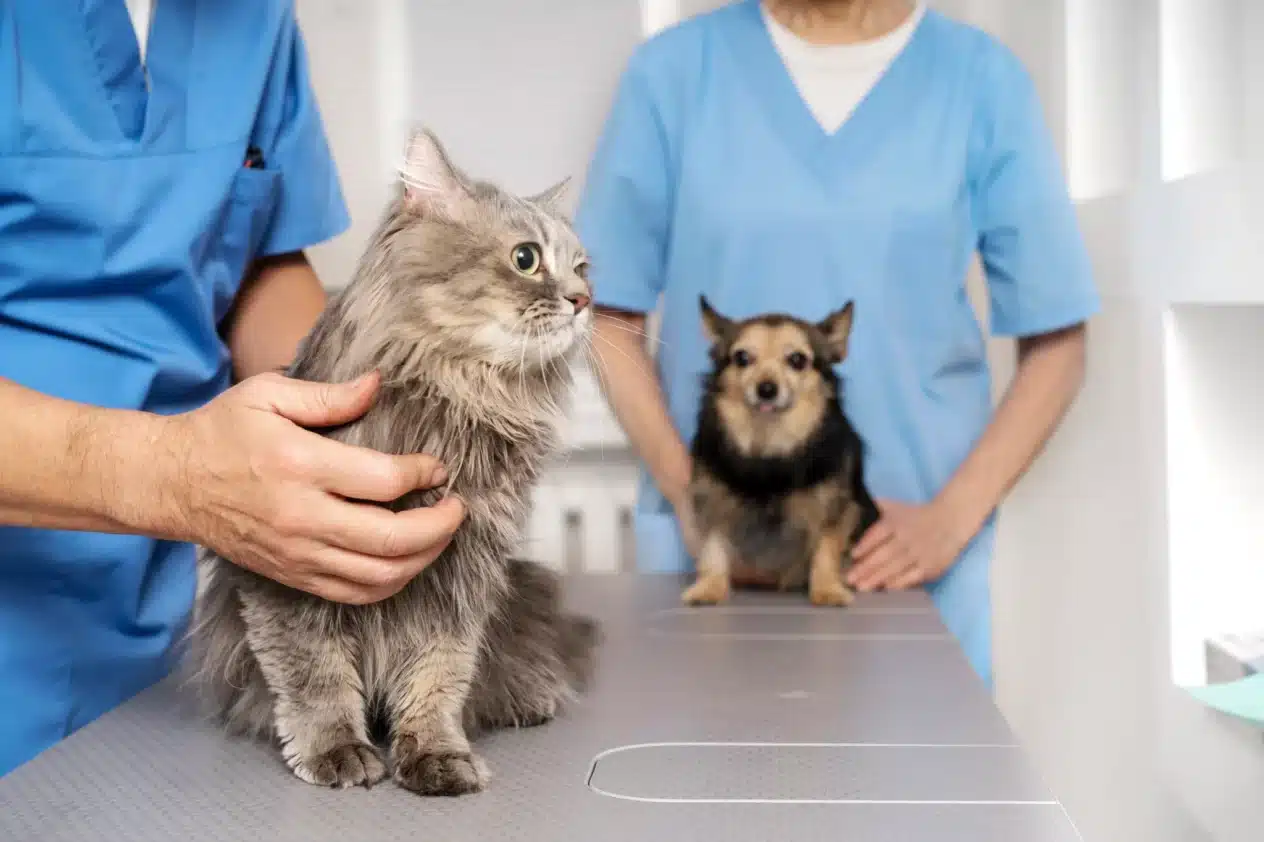
Annual vaccinations stimulate the animal’s immune system to produce antibodies against specific pathogens. This provides immunity or reduces the severity of the disease in case of infection. Even if the animal has already received vaccines earlier, revaccination is necessary to maintain persistent immunity.
Annual vaccinations are usually accompanied by a general medical examination. This allows the veterinarian to identify and prevent other potential health problems. New strains of viruses may emerge, and annual vaccines may need to be updated to protect against them.
The main types of vaccines
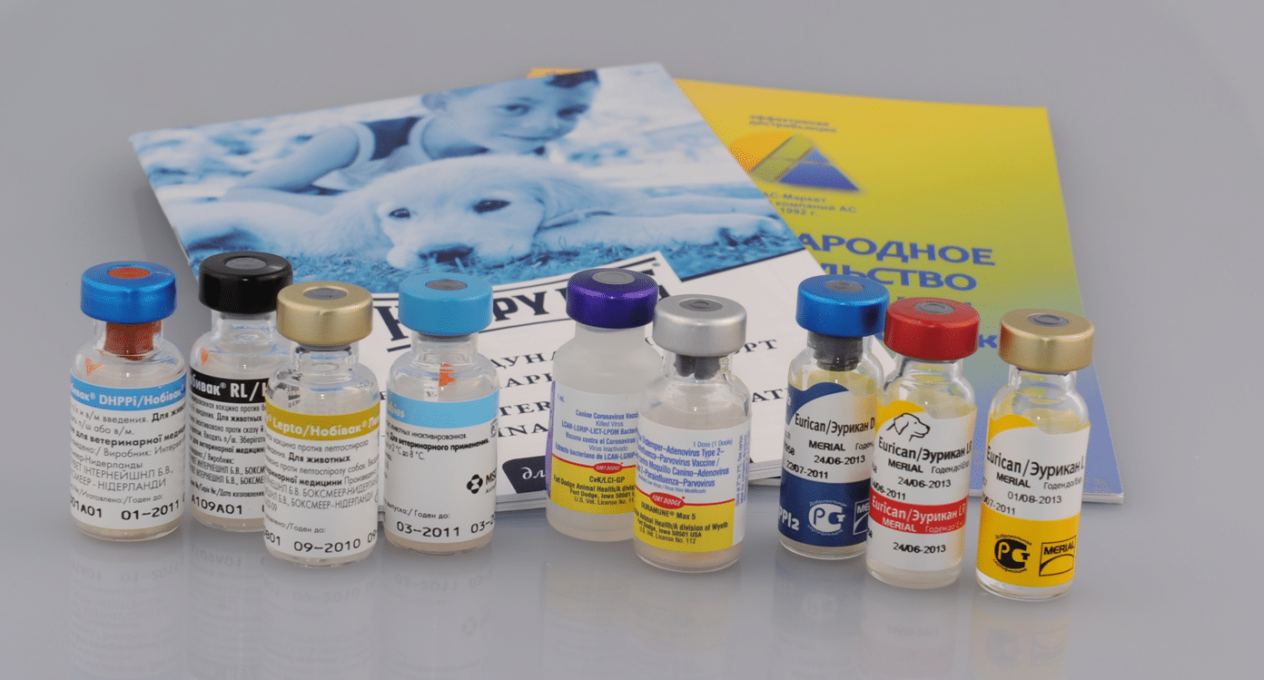
Vaccines for cats and dogs are divided into mandatory (basic) and recommended (additional). Core vaccines are recommended for all animals, regardless of lifestyle, while additional vaccines may be prescribed depending on specific risks.
Mandatory vaccines for dogs:
- Rabies. An extremely dangerous disease transmitted through bites. Mandatory vaccination in most countries.
- Plague of carnivores. A fatal disease that affects the nervous system, respiratory tract and skin.
- Infectious hepatitis. Viral liver disease.
- Parvovirus. A virus that affects the gastrointestinal tract is often fatal in young dogs.
Recommended vaccines for dogs:
- Leptospirosis. A bacterial disease that can be transmitted to humans.
- Borreliosis (Lyme disease). A disease transmitted by ticks.
- Whooping cough Respiratory tract infection that spreads in places where dogs gather (kennels, shelters).
Mandatory vaccines for cats:
- Rabies. It is also a mandatory vaccine for cats.
- Panleukopenia. A viral infection affecting the hematopoietic system and intestines.
- Calicivirus. A disease affecting the respiratory tract and oral cavity.
- Rhinotracheitis. Herpes virus affecting the respiratory tract.
Recommended vaccines for cats:
- Leukemia. A viral disease that affects the immune system and often leads to death.
- Chlamydia. An infection that causes conjunctivitis and respiratory symptoms.
- Whooping cough A bacterial disease that causes respiratory problems.
Vaccination schedule
Vaccination begins at the age of 6-8 weeks and continues during the first year of life. The first vaccines are usually given in two stages with an interval of 3-4 weeks, followed by a revaccination a year later. Adult animals must be regularly revaccinated in accordance with the veterinarian’s recommendations.
Your cat does not leave the apartment. Does he need to be vaccinated?

Vaccination of domestic cats is important, even for those who never leave the apartment, for several reasons:
Protection against diseases. Even cats that do not go outside can be infected with infectious diseases. Viruses and bacteria can enter your home through clothes, shoes, or other items you bring in from outside.
Prevention of epidemics. Vaccination helps to create herd immunity among the animal population, which reduces the risk of disease outbreaks.
Unforeseen situations. There is a risk that your cat may accidentally escape or that you may have to leave it at a pet hotel or vet clinic where it may come into contact with other animals. In such cases, the vaccinated cat will be much more protected.
Regular visits to the veterinarian. Most veterinarians recommend regular vaccinations, even for domestic cats, to ensure long-term protection.
Protection against zoonotic diseases. Some diseases, such as rabies, can be transmitted from animals to humans. Vaccination helps reduce this risk.
Grooming salon requirements for a passport with vaccinations

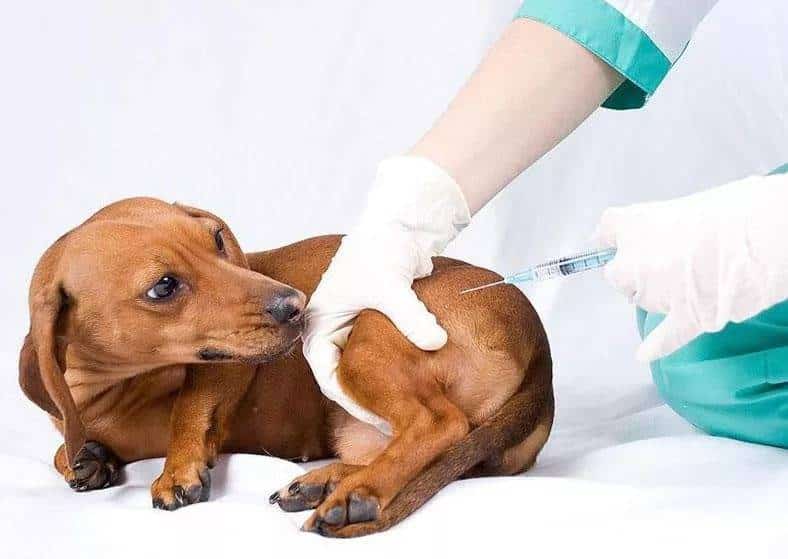
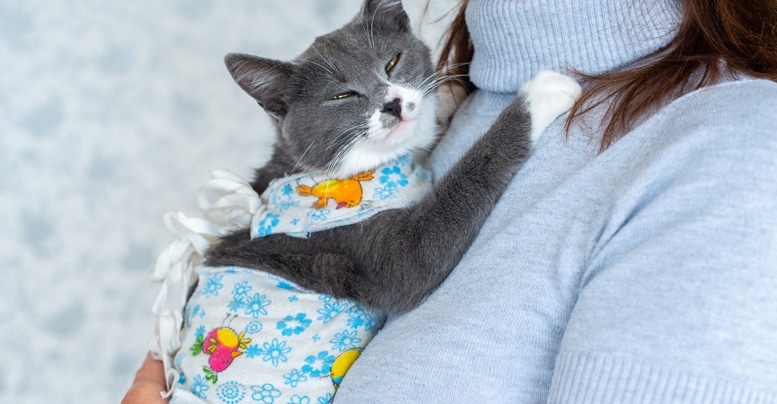
When visiting grooming salons, they often require a passport with vaccination records. This requirement is important for several reasons related to protecting the health of your pet, other animals and the staff of the salon itself.
- Animal safety. Salons handle many animals, and one sick animal can infect others. Even if your pet is healthy, it can be a carrier of the virus and infect other animals. Vaccination reduces this risk.
- Protection of employees. Employees of beauty salons for animals often come into contact with them. Some animal diseases, such as rabies, are also dangerous for humans. Vaccination reduces the risk of disease transmission from animals to humans.
- Salon reputation. Salons with high standards of animal health care value their reputation and care about the safety of all customers. The requirement to vaccinate animals demonstrates a responsible attitude to prevent the spread of disease, which increases customer confidence.
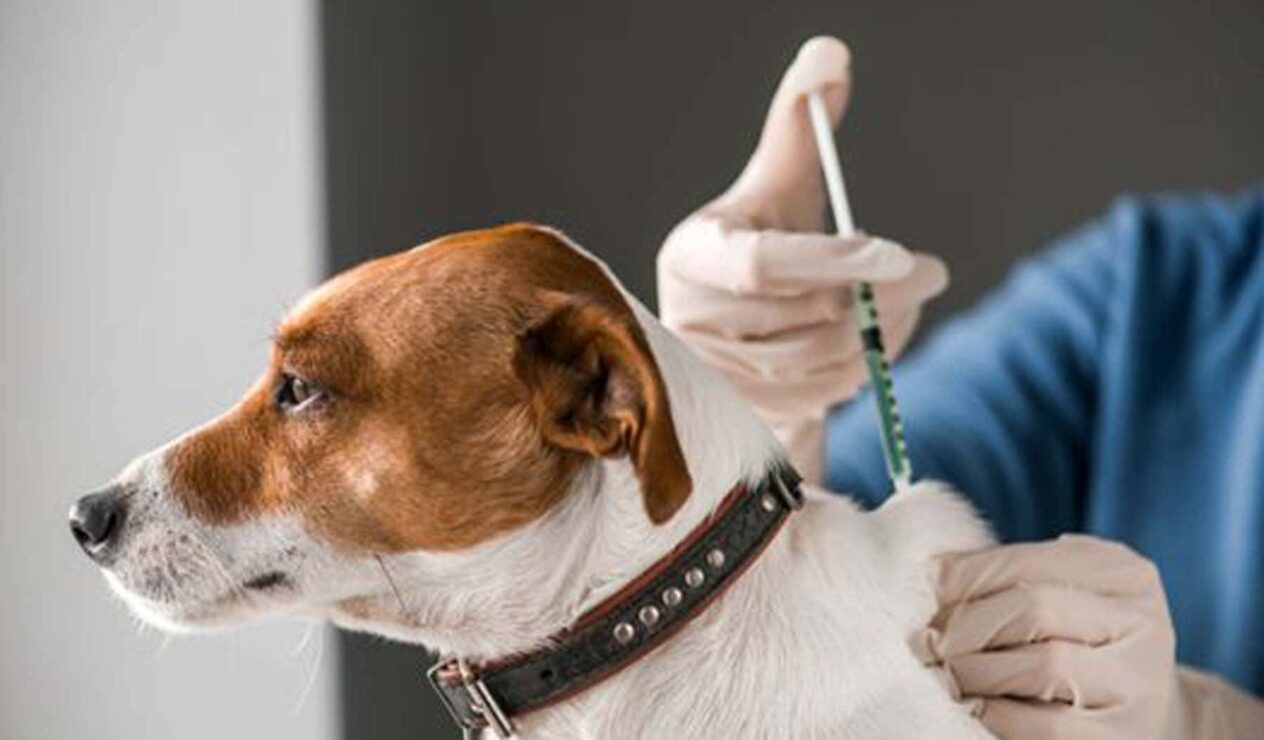
Vaccination of cats and dogs is an integral part of responsible pet ownership. Regular annual vaccinations not only protect your pet from dangerous diseases, but also contribute to the overall health of animal and human populations. Grooming salons that require a passport with vaccinations ensure the safety of all animals and staff while maintaining a high standard of service. Take care of your pet’s health – do not forget the importance of regular vaccination.

